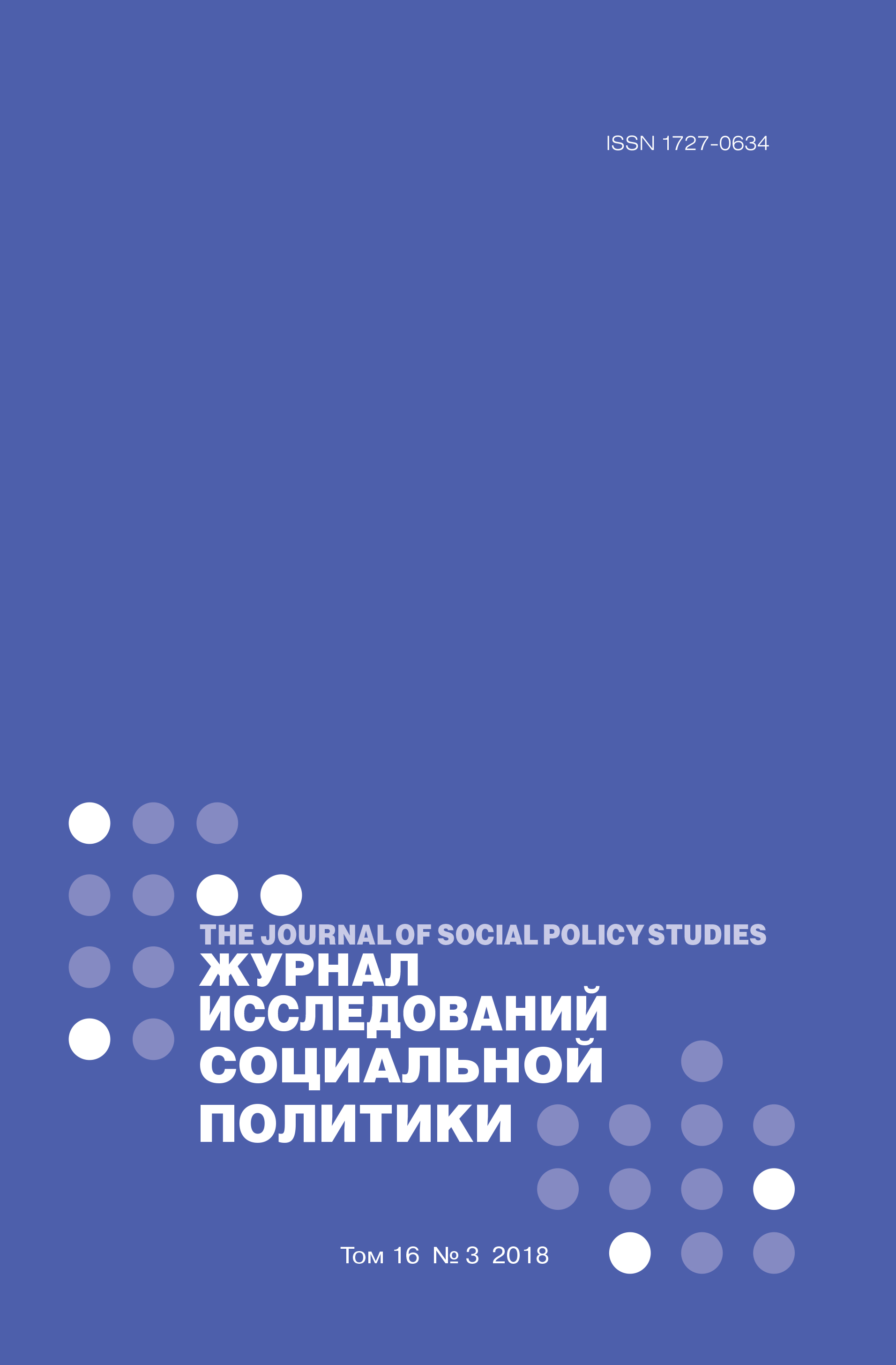Young Women in Russian Public Administration: The Factors Determining Career Paths
Abstract
Olga G. Isupova – PhD in Sociology, Associate Professor, Institute of Demography, Department
of Demography; Senior Research Fellow, Institute of Demography, Center for Demographical
Studies, National Research University ‘Higher School of Economics’, Moscow, Russian Federation.
Email: oisupova@hse.ru
Valeriya V. Utkina – Senior Lecturer, Faculty of Social Sciences, School of Public Administration,
National Research University ‘Higher School of Economics’, Moscow, Russian Federation. Email:
utkinavv@hse.ru
Main concern of our study is the position of women in organisations within the Russian Federation’s system of government. Women are concentrated in low paid and low status positions carrying out routine work without being involved in decision making. Our research is based on thirty-two semistructured
interviews with young women having experience of work in state administration. Interviews were subject to qualitative text analysis in order to discover the main themes that are important to this group of women in relation to their jobs. This article is concerned with the ideas they form on the issue of whether state administration is more of a 'feminine' or 'masculine' sphere of work, and why women here do not occupy the highest positions. On the one hand, continuing stereotypical division of labour was revealed: feminine work meant being an assistant, organising things, or more intellectual analytical or PR individual work. Masculine, in contrast, was about power and very high levels of responsibility. On the other hand, some counterstereotypical ideas were expressed. The studied group of women is characterized by a high self-esteem and aspiration to intellectual and professional self-realisation. Accordingly, women in Russian state administration, as a rule, do not aspire to the highest positions, but express aspirations for a professional career as an expert. They are not satisfied with routine work and low salaries and, as a result, try to find positions with higher salaries or better conditions. This might be associated with their high educational levels, which creates high career expectations and self-esteem. Lack of aspiration towards the highest positions of power might be associated with the perceived incompatibility of such positions with socially stereotypical ‘woman’s personal life’, which is considered to be more time-consuming than that of a man.















